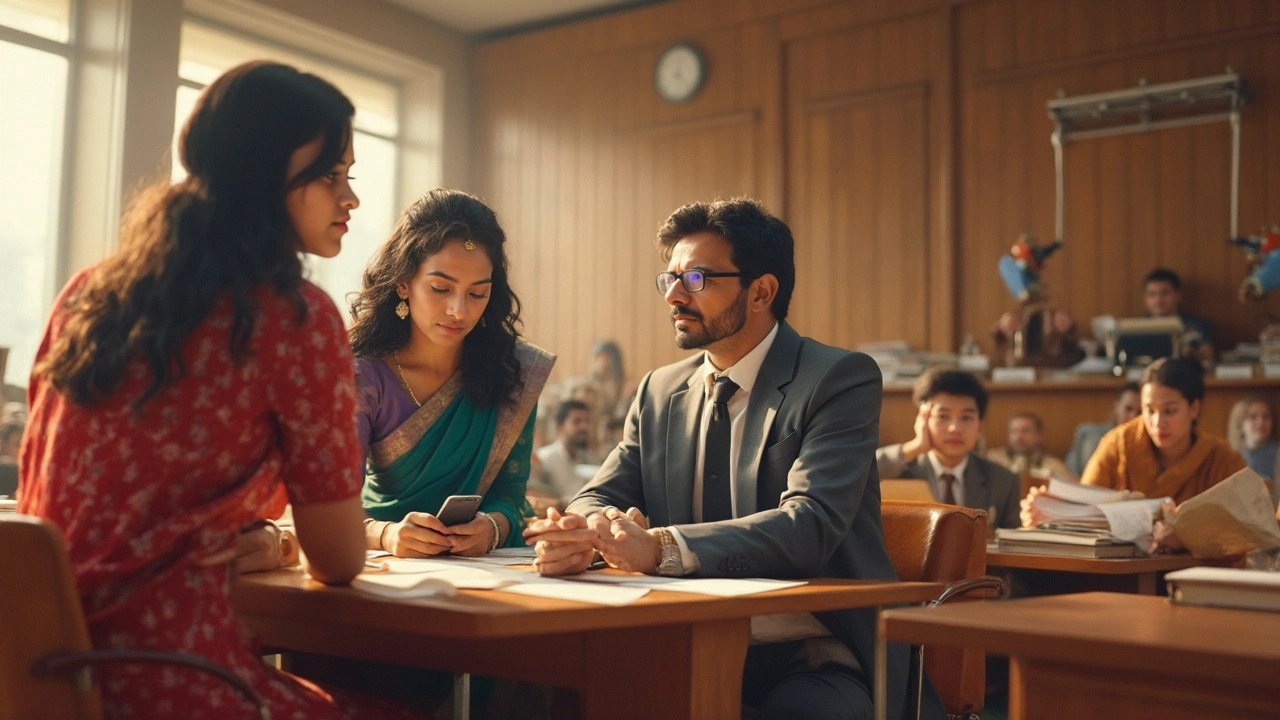Civil Case Guide – Prove, Navigate & Win Your Lawsuit
If you’ve landed in a civil dispute, you probably wonder how it all works. Do you need a mountain of paperwork? Which court will hear you? And will you end up in a courtroom trial or settle on the table? This guide gives you straight‑forward answers and step‑by‑step advice so you can move forward with confidence.
How Civil Cases Are Proved
The backbone of any civil case is evidence. Unlike criminal trials, where the standard is "beyond a reasonable doubt," civil courts use the "preponderance of evidence" – basically, who’s more likely right. Think of it as a balance scale; you just need to tip it a little over the 50% mark.
Start by gathering anything that backs up your claim: contracts, emails, receipts, photos, or medical records if it’s an injury case. Organize them chronologically so the judge can follow your story easily. Witness statements add muscle – get them in writing, signed, and include contact details.
One common mistake is relying on vague memories. Courts want concrete proof, not just a "I think". When you’re unsure about a piece of evidence, ask a lawyer to review it before you file.
Where Civil Cases Are Heard
Location matters. In India, civil disputes are usually heard in District Courts, but the exact venue depends on the amount involved and the type of case. Small claims (under ₹50,000) often go to the Small Claims Court, while bigger matters land in the District or High Court.
Each state may have its own rules, so if you’re in Virginia, for example, you’ll look at General District Court for low‑value claims and Circuit Court for larger ones. Knowing the right venue saves time and filing fees.
Before you file, check the court’s website for filing forms, fees, and any deadlines. Missing a deadline can mean starting over.
How Most Civil Cases End
Surprise: most civil cases never reach a full trial. About two‑thirds settle out of court, and many are dismissed early if parties can’t prove their points. Settlements let you avoid long waits, costly lawyers, and the stress of a courtroom showdown.
To improve settlement chances, be clear about what you want – a specific amount, an apology, or a corrective action. Present a realistic offer backed by your evidence. If the other side sees you’re serious, they’re more likely to negotiate.
If you do go to trial, be prepared for a slower process. Court dates can be weeks or months apart, and you’ll need a clear, concise opening statement that outlines the key facts and why you should win.
Bottom line: gather solid evidence, file in the right court, and keep the door open for settlement. Those steps give you the best shot at a favorable outcome without the drama of a full‑blown trial.
Need help sorting through documents or deciding which court to approach? A quick consult with a civil lawyer can save you hours of guesswork and keep your case on track.
Civil Case Process: What Really Happens in Court?
Ever wondered what goes on in a civil case? This article breaks down each step in plain language, from filing the lawsuit to what happens if things get settled or go to trial. Get simple tips to handle the twists and turns, avoid common slip-ups, and understand what evidence matters. Whether you're dealing with a landlord, a contract dispute, or someone's dog bit yours, get the facts you actually need.
